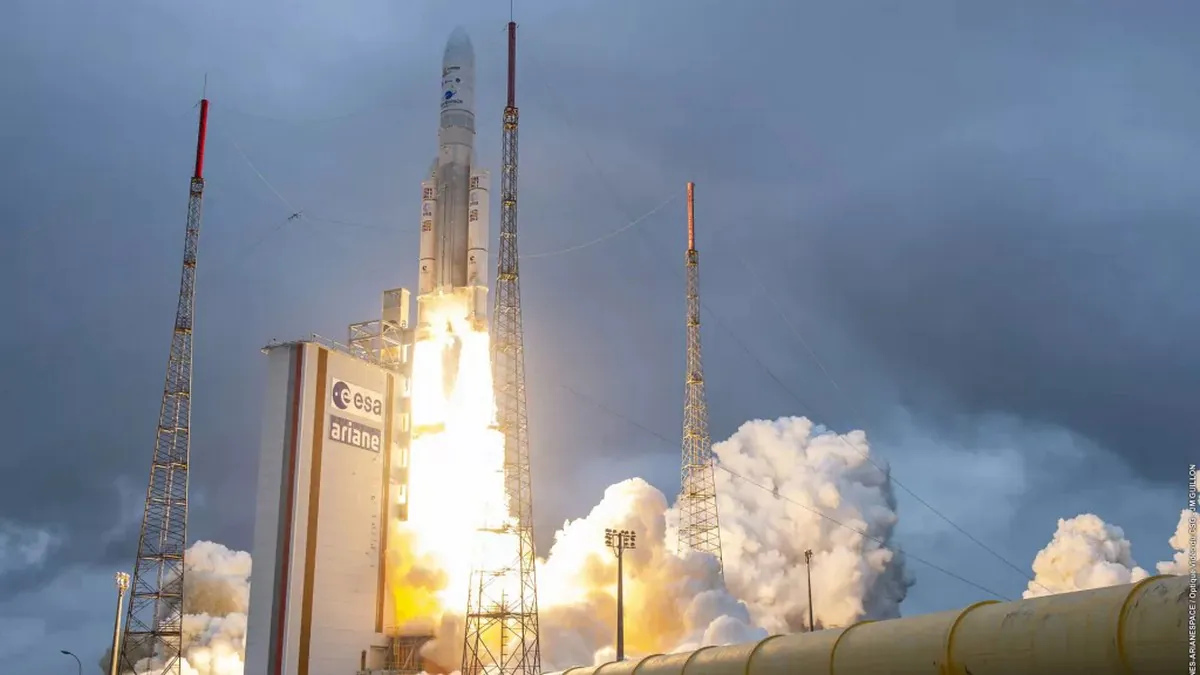
A team of researchers from the University of Nicosia in Cyprus studied how air pollution, including carbon dioxide and soot, spreads in the air when a rocket rises through the Earth’s atmosphere. The researchers found that the concentrations of several pollutants in the mesosphere (the atmosphere at an altitude of 50 to 80 km) remain alarmingly high for long periods of time after each launch. These pollutants include the main warming gas – carbon dioxide. This discovery worries scientists. Local warming of the upper atmosphere can have far-reaching consequences for the Earth’s climate – and all because of rocket emissions.
The research is based on emissions from one of SpaceX’s most popular rockets today, Falcon 9, which burns RP1 fossil fuel and liquid oxygen. Such missiles produce exhaust, which contains carbon dioxide and water vapor, as well as various amounts of soot, nitrogen oxides, and sulfur. Carbon dioxide, water vapor, and nitrous oxide are greenhouse gases that absorb heat and warm our planet. The group’s statement said that, according to their modeling, the passage of the rocket through the mesosphere causes a significant local and instantaneous increase in carbon dioxide concentration.
Eventually, atmospheric circulation dissipates these greenhouse gases and returns their concentration to a “standard” level. However, it is unknown how long the concentrations remain elevated and what their effect is on the temperature of the mesosphere.
Other effects of rocket launches on the mesosphere have been described previously. For example, it was known that the launch of NASA’s space shuttles cause the formation of spectacular polar mesospheric clouds, the most common type of clouds that form in the Earth’s atmosphere. Scientists are also concerned about the effects of aluminum oxide and other particles from rocket exhaust on stratospheric ozone and the thermal balance of the Earth’s atmosphere.
According to the Environmental and Energy Study Institute, when it comes to greenhouse gases alone, the contribution of rocket launches is negligible: they account for only 1% of the aviation carbon footprint, which is only 2.4% of annual global carbon emissions.
But the space industry is growing, and the number of launches is increasing every year. And the results of the study show that it would be good to monitor the situation closely.
You can also help Ukraine fight with Russian occupants via Savelife or via an official page of the National Bank of Ukraine.
Read also:
Leave a Reply